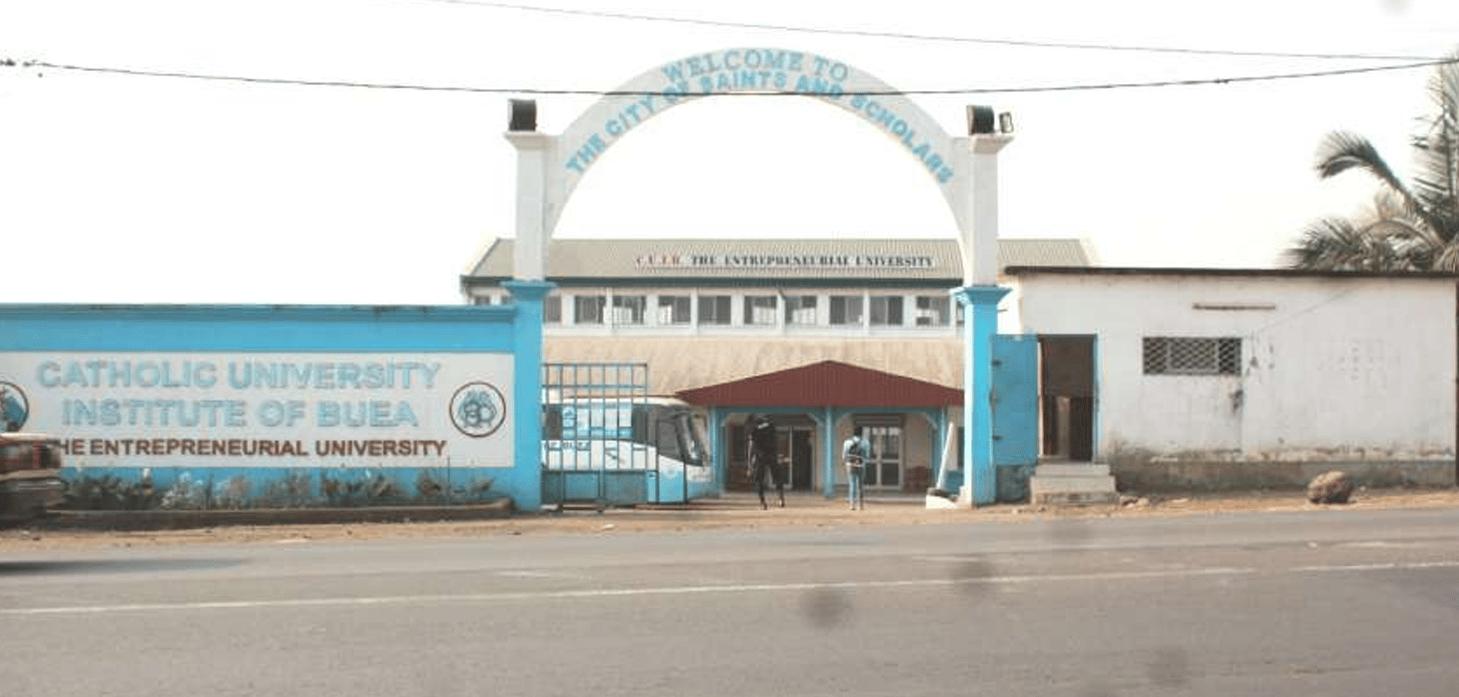YAOUNDÉ, Cameroon – As Cameroon’s English-speaking regions grapple with a devastating separatist violence and economic collapse, Catholic schools are launching a bold shift toward technical education to transform jobless graduates into community “problem solvers.”
The Bishops and Catholic Education Secretaries of the Bamenda Episcopal Province – which covers the Anglophone regions – announced the strategic pivot during their August 18 Provincial Council of Education meeting that was held on the sidelines of the 78th Ordinary Meeting of Bishops of the Episcopal Conference taking place in Bamenda from Aug. 16-22.
Moving away from theoretical curricula that “churn out job seekers,” Catholic schools will now prioritize technology and engineering, which emphasize hands-on, problem-based learning that encourage students to apply their knowledge to real-world situations.
Father Charles Ngouobi, the Catholic Education Secretary for the Archdiocese of Bamenda said the diocese has opted for that shift that could “bring major change in the country by introducing technical and tertiary education into our secondary schools.”
His words echo the desperation of university graduates who told Crux they “live hand to mouth, barely able to feed themselves.”
Alphonse Mbidzenyuy, a lay Christian youth in the same diocese graduated from the University of Yaoundé with a master’s degree in history. Today, he washes cars to survive.
“Academic degrees don’t mean a thing in Cameroon today,” he told Crux. Earlier this year, some 200 PhD holders staged a demonstration in the capital Yaoundé, complaining that they hadn’t been recruited into the civil service. Many, like Mbidzenyuy, have deferred to doing menial jobs to keep body and soul together.
The rate of unemployment in Cameroon looks low, at just 3.51 percent. In urban centers, however, the situation is dire, with between 24 percent – 35 percent of youth unemployment. All of these still mask a deeper problem of under-employment and a large informal sector.
“If you look around town today, in Bamenda, for example, you find that we have many boys who are bike riders. And it will embarrass you to know that some of these boys have master’s degrees,” Ngouobi said.
“Therefore, we have decided to go technical with the belief that when these children graduate, they will be able to employ not just themselves but also create jobs for others. And we want to implement a system also that will be able to enable students who are in the general education, especially the science students, to be able to make a bridge from general education to technical education,” the priest said.
Father Edward Siani, the Catholic Education Secretary for the Mamfe Diocese in the country’s South West region, explained further that Catholic education “is about the formation of the whole person.”
“And we are trying as much as possible, be it from the kindergarten, to form kids, to form people who will be catalysts of change in the community where they find themselves. That is, we start helping them to be problem solvers in the community,” he said.
The radical switch to technical education, according to Archbishop Andrew Nkea of Bamenda came because he listened to the Christians and they said they wanted to pivot from grammar schools to technical schools.
“The people told me, Bishop, we don’t want any more grammar schools here. We want technical schools. So I have St. Andrew’s Technical College. We have opened St. Peter and Paul Technical College in Ndop. We are opening another technical college in Bambui. And we are adding a technical section to St. Joseph school, Mankon,” Nkea told Crux.
“My focus in this diocese is on technical education. I keep insisting that China and the other developed economies did not develop because they knew History and Geography. They made progress because they trained the children to use their hands and create employment for themselves,” he explained.
The archbishop said it was critical for Cameroon as a country to rethink its educational system, noting that Catholic schools in his diocese will start producing engineers “at very young ages.”
He cited the case of a young boy who used bamboo to make his car powered with batteries, and which he used a remote control to drive it.
“These are brains wasting in Africa, and yet our educational system cannot tap these brains and that is why my focus in the archdiocese of Bamenda is technical education,” Nkea said.
The Provincial Council of Education meeting was also used to assess the performance of Catholic schools in the Episcopal Province over the past year.
Bishop George Nkuo of Kumbo noted that the 2024/25 academic year was a resounding success, given the performance of Catholic schools at the General Certificate of Education Examinations.
“Our schools performed exceedingly well in the last academic year, with many of them scoring a hundred per cent at the GCE examinations,” he said.
However, he regretted that the continuing separatist violence in several parts of the region doesn’t create the perfect environment for children to learn.
Nkuo complained about problems with infrastructure, explaining that most school infrastructure have dilapidated, some have been destroyed by the conflict.















